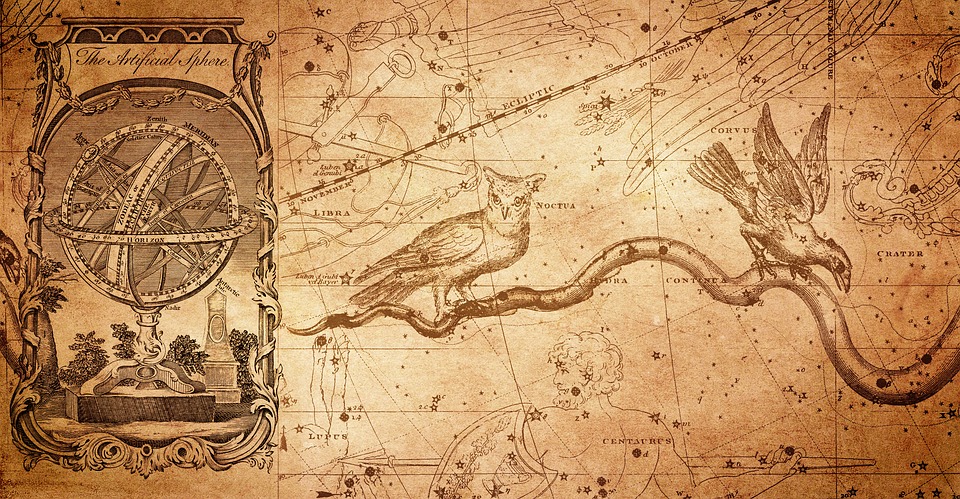Lesson 13
What is mythology and why do we use the term “global mythology”?
A myth is often defined as an accepted belief that is unsubstantiated by fact.
Some people consider any belief system that is not their own to be myth. For many, mythology may just be the stories of the ancient Greeks and Romans.
In truth, mythology is much more than that. They are threads connecting us to our cultural ancestors. The mythological approach privileges no creed. It honours the wisdom inherent in collective creations.
The gods and goddesses of mythological realms ask for neither belief nor obedience..
An open minded approach allows for a non-threatening view of world religions through all time.
~~~~~~~~~~~~~~~~~~~~~~~~~~~~~~~~~~~~~~~~~~~~~~~~~~~
quote:
“…a mythology is a control system, on the one hand framing its community to accord with an intuited order of nature and, on the other hand, by means of its symbolic pedagogic rites, conducting individuals through the ineluctable psycho-physiological stages of transformation of a human lifetime – birth, childhood and adolescence, age, old age, and the release of death – in unbroken accord simultaneously with the requirements of this world and the rapture of participation in a manner of being beyond time.”
– Joseph Campbell
~~~~~~~~~~~~~~~~~~~~~~~~~~~~~~~~~~~~~~~~~~~~~~~~~~
Myths, as the conveyors of information, are imaginative vehicles for making the inexplicable clear.
Myths can fall anywhere on a continuum ranging from nearly pure historical account to pure imagination. A myth can thus take on a life of its own.
The nature of the Egyptian god Osiris, for example, changed tremendously over centuries; once considered only a god of vegetation, he came to be the god of the underworld, the god of the moon, a divine pharaoh, and much, much more.
These are often called legends or sagas to distinguish them from explanatory stories.
~~~~~~~~~~~~~~~~~~~~~~~~~~~~~~~~~~~~~~~~~~~~~~~~~~~
quote:
“Truth is one; the sages speak of it by many names,”
– Joseph Campbell
~~~~~~~~~~~~~~~~~~~~~~~~~~~~~~~~~~~~~~~~~~~~~~~~~~
The words “myth” and “falsehood” are most certainly not synonymous. Myth is a positive force that unites many cultures rather than divides them.
Every culture has a set of deities who watch over them, teasing them, punishing them, but above all else, teaching them.
~~~~~~~~~~~~~~~~~~~~~~~~~~~~~~~~~~~~~~~~~~~~~~~~~~~
quote:
“Myths are the ‘masks of God’, through which men everywhere have sought to relate themselves to the wonders of existence.”
– Joseph Campbell
~~~~~~~~~~~~~~~~~~~~~~~~~~~~~~~~~~~~~~~~~~~~~~~~~~
Over the next few weeks we shall be taking a much closer look at Greek and Roman Mythology, Celtic Mythology, Egyptian Mythology, Norse & German Mythology and Native American Mythology.

